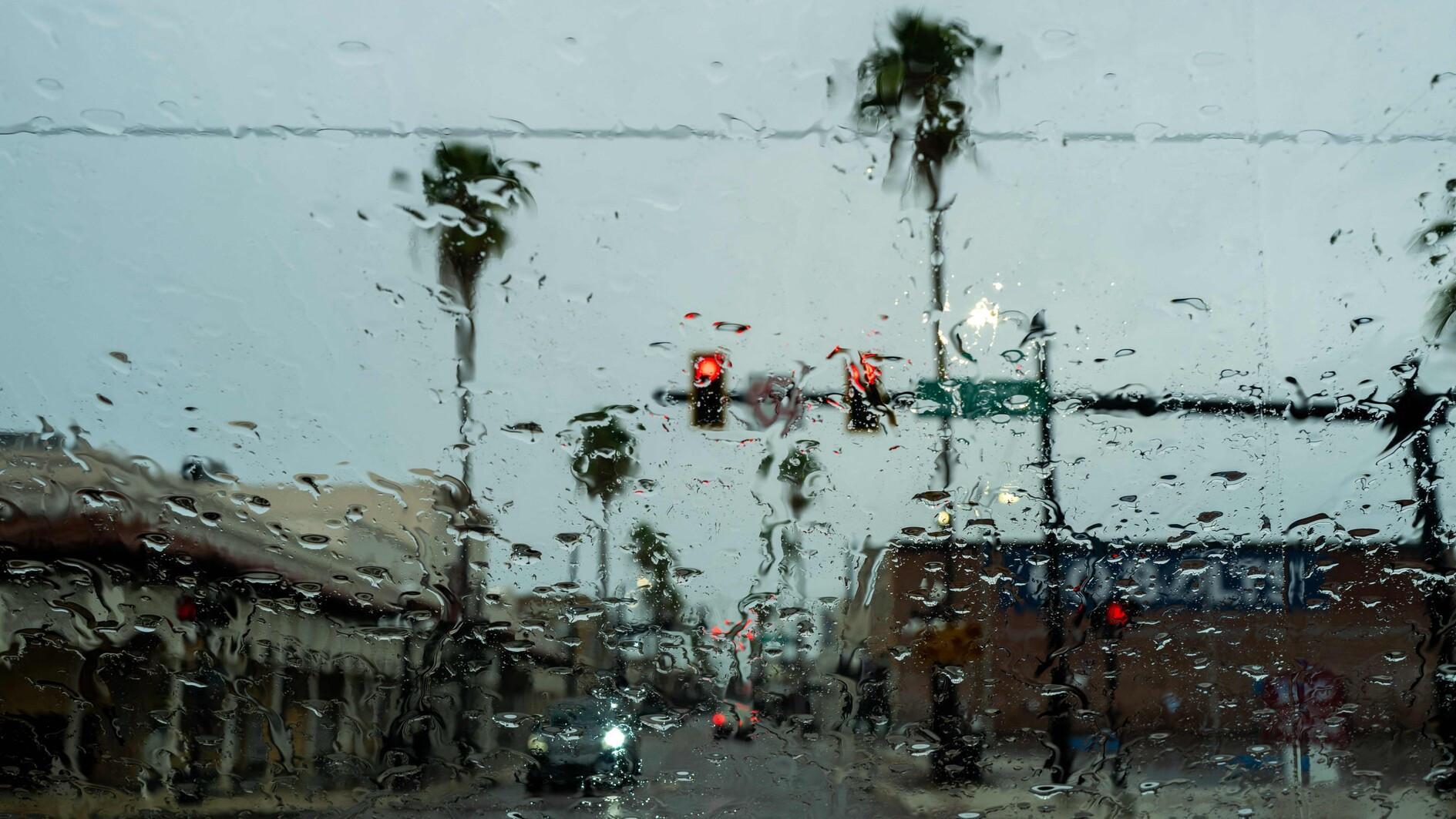
Storm-battered Florida braced Tuesday for a direct hit from Hurricane Milton, as U.S. President Joe Biden begged residents to flee what he warned could be the worst natural disaster to hit the U.S. state in a century.
As the second huge hurricane in as many weeks rumbled toward Florida's west coast, a sense of looming catastrophe spread as people raced to board up homes and flee.
"It's a matter of life and death, and that's not hyperbole," Biden said from the White House, urging those under orders to leave to "evacuate now, now, now."
Biden's warning came amid a bitter pre-election quarrel, with his Democratic vice president Kamala Harris castigating her rival Donald Trump for peddling false claims that recovery efforts after the first storm, Hurricane Helene, were diverted away from Republicans.
As of Tuesday, Milton was generating maximum sustained winds of 250 kph (155 mph) and threatening up to 15 feet of storm surge, the National Hurricane Center said.
After weakening from a maximum Category 5 overnight, it is forecast to make landfall Wednesday night near Tampa city as a Category 3 storm and remain powerful as it churns across Florida.
Governor Ron DeSantis, at a news conference, ticked off town after town and county after county that are in danger.
"Basically the entire peninsula portion of Florida is under some type of either a watch or a warning," he said.
Airlines put on extra flights out of Tampa, Orlando, Fort Myers and Sarasota, as highways clogged up with escaping traffic and gas stations sold out of fuel.
Walls of water
Hurricane expert Michael Lowry warned that in the Tampa area, home to some three million people, Milton's storm surge "could double the storm surge levels observed two weeks ago during Helene," which brought massive flooding.
Biden postponed a major trip to Germany and Angola to oversee the federal response, as storm relief efforts have emerged as a political battleground ahead of the presidential election on November 5.
Trump has tapped into frustration about the emergency response after Hurricane Helene and fueled it with disinformation, falsely claiming that disaster money had been spent instead on migrants.
Biden on Tuesday slammed Trump's comments as "un-American," while presidential hopeful Harris called the claims the "height of irresponsibility and frankly callousness."
"I fear that he really lacks empathy on a very basic level," she said.
In a scene of frantic preparation repeated all over Florida, dozens of cars lined up at a sports facility in Tampa to pick up sandbags to protect their homes from flooding.
John Gomez, 75, ignored official advice and traveled all the way from Chicago to try to save a second house he has in Florida.
"I think it's better to be here in case something happens," Gomez said as he waited in line.
Global warming a factor
Scientists say global warming has a role in intense storms as warmer ocean surfaces release more water vapor, providing additional energy for storms, which exacerbates their winds.
The National Oceanic and Atmospheric Administration on Tuesday released footage from a specialist plane called "Miss Piggy" as it flew into the hurricane to collect data.
Paperwork, equipment and personal items were sent flying as the plane was shaken by wind and rain.
On the ground, communities hit by the deadly Hurricane Helene, which slammed Florida late last month, have rushed to remove debris that could become dangerous projectiles as Milton approaches.
In Mexico's Yucatan, strong winds toppled trees and pylons, and heavy rain caused flooding, but the peninsula avoided major damage or casualties as the storm barreled offshore.
Across the southeastern United States, emergency workers are still struggling to provide relief after Helene, which killed at least 230 people across several states.
It hit the Florida coastline on September 26 as a major Category 4 hurricane, causing massive flooding in remote inland towns in states further north, including North Carolina and Tennessee.
Helene was the deadliest natural disaster to hit the U.S. mainland since 2005's Hurricane Katrina, with the death toll still rising.